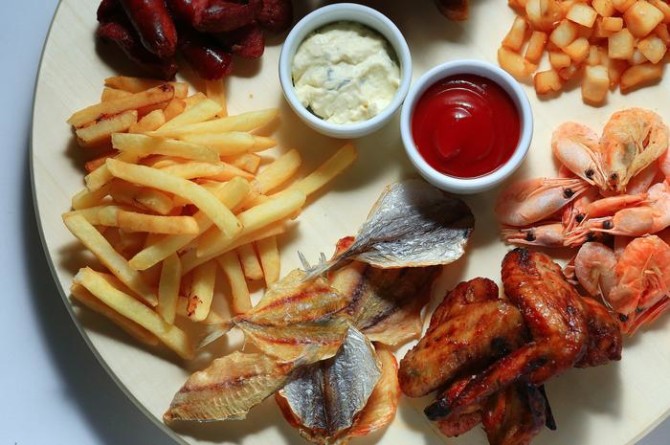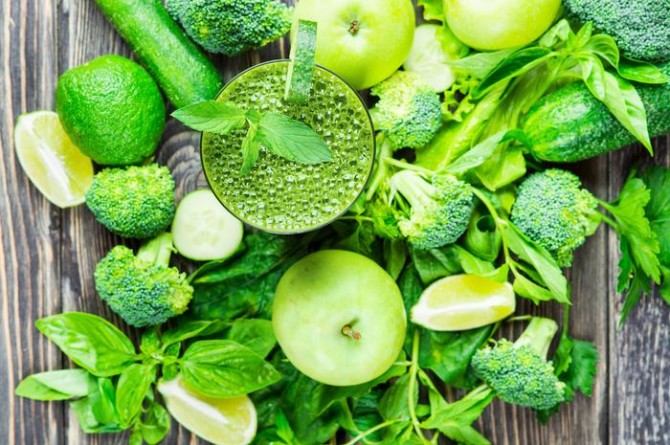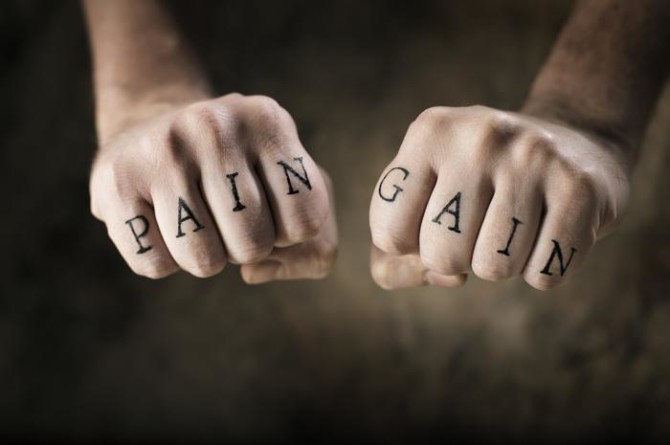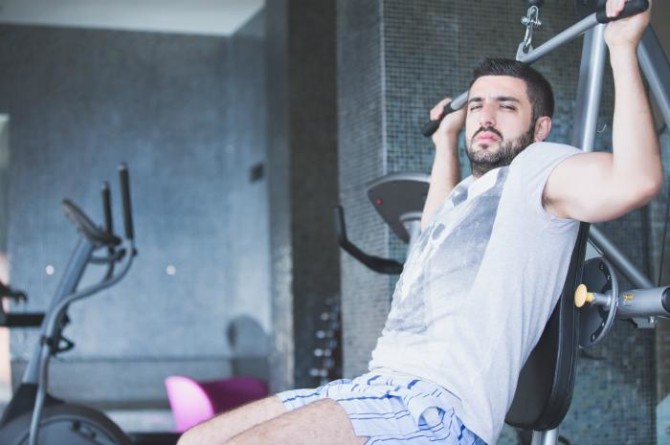Drink more water, avoid processed foods, exercise regularly…Whether you like it or not, these are healthy habits you need to have. Other practices, however, are not so obvious. In fact, you may be have been misled by a friend, society or the Internet.
Should you really avoid gluten, carbs, desserts and detox once a month? The answers may shock you.
It’s not your fault; it’s very easy to fall into a trap. There is a new food and fitness trend every day. Different approaches work for different people. Exercising seven days a week helped your neighbor and, sure enough, you think you should try it too, disregarding all other factors such as schedule, age, eating habits, physical fitness and sleep patterns.
Some myths and half-truths won’t hurt you, but others can cause serious damage. Weight gain, stress and injuries are just a few possible consequences.
Supermarkets offer tons of choices but how many of them are really healthy? Certain sugar-free and low-calorie items, such as diet sodas, are worse than their original versions. Food labels can be deceptive, which is why some personal trainers never buy foods with a long list of ingredients.
Forget about what’s popular these days and break the “healthy” habits that may actually be harming you.
1. Eating fat-free food.
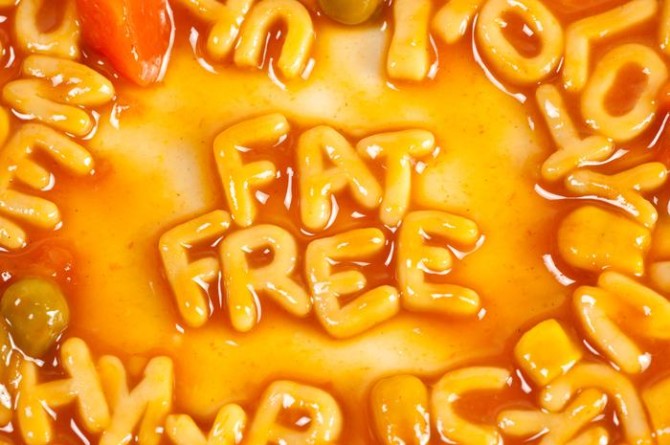
Photo courtesy of theactivetimes.com




